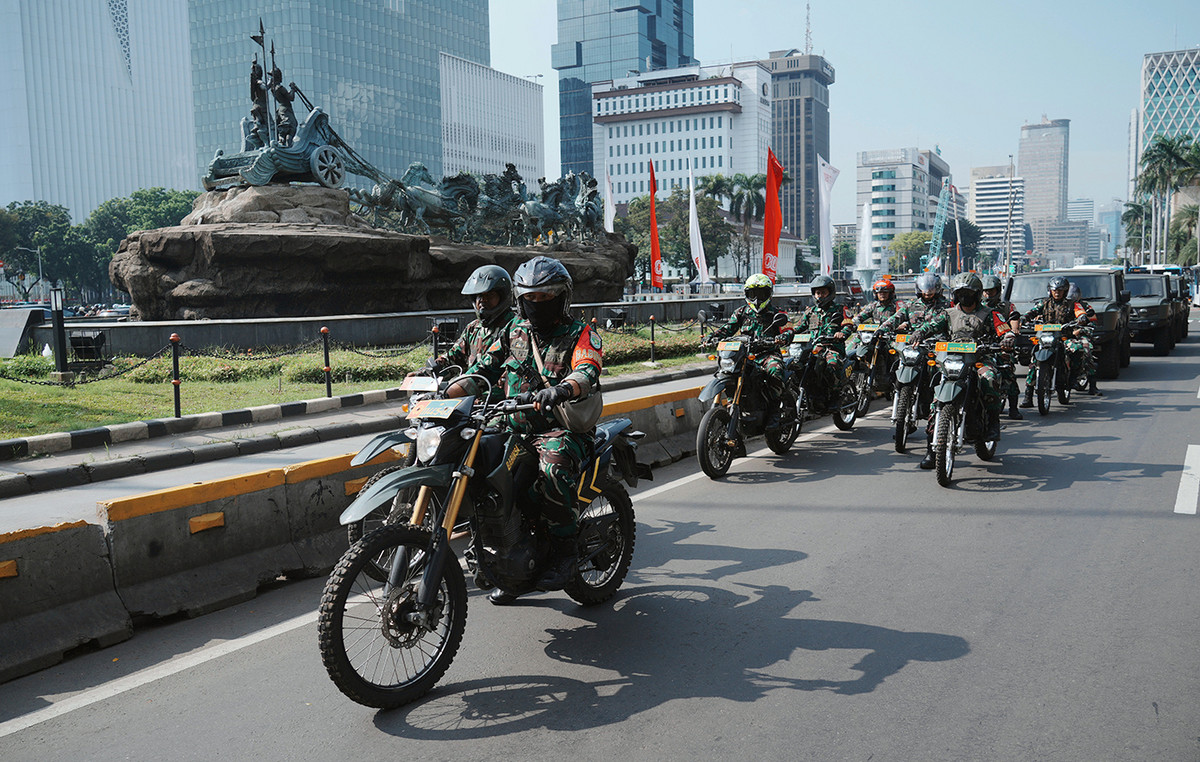The ruralist caucus will support the attempt by the oil companies to overthrow, in the National Congress, the taxation on crude oil exports. The measure was announced by the government as a way of allowing only a partial re-encumbrance of fuels from March 1st.
In the assessment of the Agricultural Parliamentary Front (FPA), one of the most numerous in the Chamber of Deputies and the Senate, taxation on foreign sales of crude oil opens a dangerous precedent for other basic products and reminds of the situation experienced by Argentina with the “retentions ”.
“The fear is that oil, now, will open the door to other agricultural products later on”, he told the CNN Deputy Arnaldo Jardim (Cidadania-SP), vice-president of the FPA in the Chamber. “We will be explicitly opposed,” he added.
MP 1,163, a provisional measure that establishes the partial return of PIS/Cofins on gasoline and ethanol, introduces a rate of 9.2% on oil exports. The assessment will be valid for at least 120 days.
The Brazilian Institute of Oil and Gas (IBP), which represents the major oil companies, strongly criticized the initiative. For the entity, even if it is temporary, the taxation of foreign sales “may impact the country’s competitiveness” and “affect national credibility”.
“The period defined for charging the new tax, by itself, does not remove the effects of negative perception that can last for a long period, and may cause delay or even cancellation in investment decisions in exploration and production”, said the IBP, in a note. .
The ruralist caucus has always adopted a critical posture towards the export tax. In early 2022, for example, he strongly attacked the possibility that corn grain shipments would be taxed at 15%. At the time, the measure was considered to discourage foreign sales and increase supply on the domestic market.
Jardim uses the case of Argentina, which taxes exports of various agribusiness products, to illustrate the negative effects of the measure. The experience in the neighboring country has shown that, in the medium and long term, production falls or increases less vigorously because of the lower profitability of producers.
Soy, corn, wheat, oil and meats are some of the products that have been or continue to be taxed in Argentina. In 2008, when the then president Cristina Kirchner tried to raise the rates, the producers reacted and engaged in a “lockout” (employers’ strike) that lasted 129 days.
According to Jardim, the FPA should vote heavily against this point of MP 1,163.
Source: CNN Brasil
I am an experienced journalist, writer, and editor with a passion for finance and business news. I have been working in the journalism field for over 6 years, covering a variety of topics from finance to technology. As an author at World Stock Market, I specialize in finance business-related topics.







